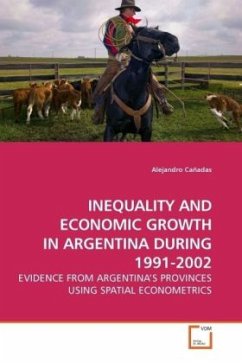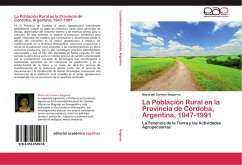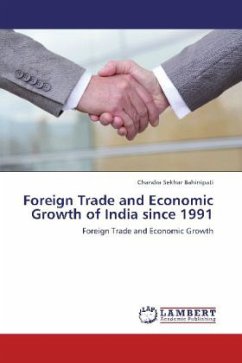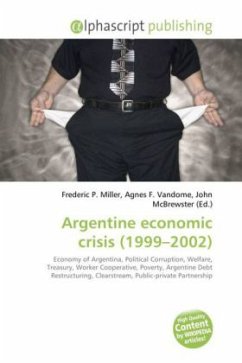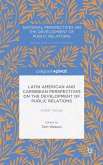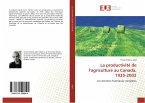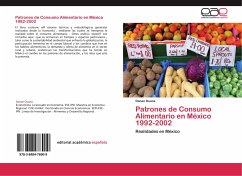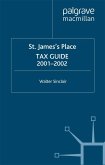Inequality and growth in the provinces of Argentina: This book analyzes whether inequality in the distribution of income influences real per capita GDP growth in the provinces of Argentina, while taking into account spatial autocorrelation. Inequality is decoupled into within effects (from the province s own inequality) and spillover effects (from inequality in neighboring provinces). The book identifies significant clustering, with relatively high (low) income provinces located next to high (low) income provinces showing positive spatial autocorrelation. The book finds strong evidence that both a province s own inequality and inequality in the neighboring provinces negatively affected per capita GDP growth in the provinces of Argentina between 1991 and 2002. The results could represent a political economy scenario in which high level of inequality caused by rent- seeking and other unproductive activities of the middle class inhibit growth, in response to distorting redistribution policies and social and political conflict generated by differences in inequality across provinces.
